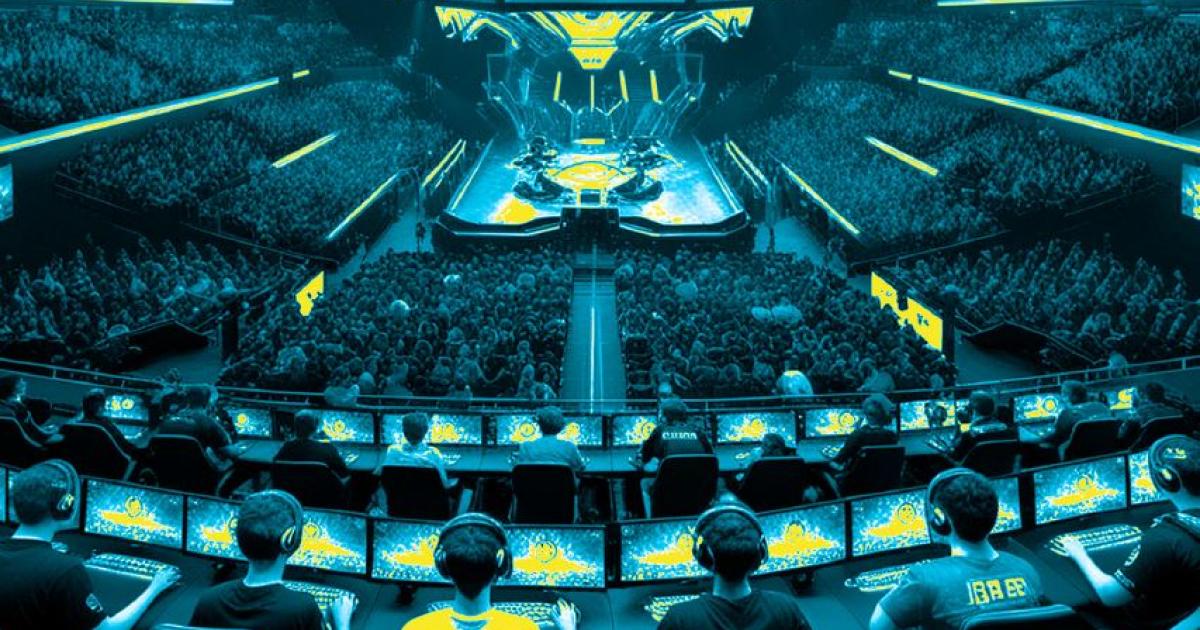Esports is a booming sports industry that boasts 500 million dedicated fans worldwide and many more active players.
With over three billion gamers worldwide, esports is expected to enjoy vast growth in the years to come. As a result, companies are increasingly exploiting sponsorship in esports to bolster their brands and reputations with the next generation.
The fans of esports are overwhelmingly young and as such particularly vulnerable to misleading information and greenwash from polluting companies.
Shell’s shame
Concerns over esportswashing initially emerged in 2023 when fossil fuel major Shell partnered with Fortnite, one of the world’s most popular online games with a profile of very young players, to promote its new V-Power® NiTRO+ Premium Gasoline.
Players were invited to explore a Shell-branded island where they could fill up virtual vehicles at interactive Shell gas stations and were encouraged to post screenshots online with the hashtag #Shellroadtrips.
Fortnite’s audience is notably young compared to other popular esports games, with about 53 per cent of players aged between 10 and 25. It is the climate equivalent of when children were both used in, and exposed to, adverts and sponsorships for cigarettes.
e-sportswashing
Now, high-carbon companies, such as fossil fuel firms, and petrostates like Qatar and Saudi Arabia are increasingly looking to sport as a means of distracting from their environmentally and socially damaging practices.
As the public calls for greater ambition on climate action, sport has proved an effective vehicle for improving reputations, gaining influence, and promoting misleading environmental claims.
To end this practice tobacco style controls on the promotion of high carbon products and lifestyles are needed.
Big oil companies ranging from Shell to BP have doubled down in recent months, reneging on climate pledges and signalling to investors that they are prioritising their core business of extracting and selling fossil fuels.
Cheesing and griefing
Oil states too show no sign of aligning with climate targets, with some even using their position as hosts of climate talks to hustle for more business. In gaming terms, this could be ‘camping’ – holding on to your static position for advantage.
Applying old tricks like sponsorship to new markets like esports could be a case of ‘crafting’.
The act of sponsorship itself, putting your name and brand on a popular activity, loved by millions, so that you benefit by association – even though your products are a threat to the fans and players you are targeting – that is textbook ‘cheesing’.
Finally, polluters sponsoring esports is the most serious imaginable case of ‘griefing’, because the sponsors aren’t just spoiling the game for everyone now, but in perpetuity. That’s why all sports including esports need to drop dirty sponsors and stop promoting pollution.
This Author
Andrew Simms is co-director of the New Weather Institute, assistant director of Scientists for Global Responsibility, co-founder of the Badvertising campaign, coordinator of the Rapid Transition Alliance, an author on new and green economics, and co-author of the original Green New Deal. Follow on X: @AndrewSimms_uk or Mastodon: @andrewsimms@indieweb.social.
